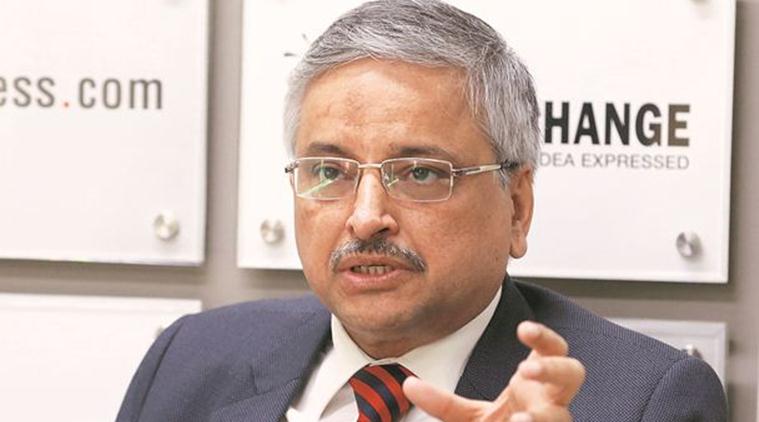Third wave inevitable, could hit in the next six to eight weeks: Delhi AIIMS Chief

AIIMS Chief Randeep Guleria on Saturday warned that third wave of Covid-19 pandemic is inevitable and it could hit the country in the next six to eight weeks.
In an interview with NDTV, the AIIMS chief said, “As we have started unlocking, there is again a lack of COVID-appropriate behaviour. We don’t seem to have learnt from what happened between the first and the second wave. Again crowds are building up… people are gathering. It will take some time for the number of cases to start rising at the national level.”
Dr Guleria said, “Third wave is inevitable and it could hit the country within the next six to eight weeks… maybe a little longer”. “It all depends on how we go ahead in terms of Covid-appropriate behaviour and preventing crowds,” he added.
He further stated, “During the first wave (in India), the virus was not spreading that rapidly… all that changed during the second wave, and the virus became much more infectious. Now the Delta variant that’s spreading is much more infectious. Faster spread is likely.”
On the spread of the Delta variant in the UK, Dr Guleria said, “Virus is still mutating, we need to be careful”. The gap between the new waves is shortening and it’s “worrying”, he added.
Speaking about the new Delta plus variant, Dr Guleria stressed that a new frontier will have to be developed in India’s fight against COVID to further study the mutation of the virus.
“We need an aggressive genome sequencing to see how the virus is behaving. Does the vaccine efficacy come down, does the monoclonal antibody treatment work? To do all of that, we need to have a large or very good network of labs to study the data. I think that’s where to move in the next few weeks. And that’s the new frontier we need to develop if we want to succeed in our fight against Covid,” he said.
“That (vaccination) is the main challenge. A new wave can usually take up to three months but it can also take much lesser time, depending on various factors. Apart from Covid-appropriate behaviour, we need to ensure strict surveillance. Last time, we saw a new variant – which came from outside and developed here – led to the huge surge in the number of cases. We know the virus will continue to mutate. Aggressive surveillance in hotspots is required,” the AIIMS chief said.
Dr Guleria said, “Mini-lockdown in any part of the country, which witnesses a surge and a rise in positivity rate beyond 5 per cent, will be required. Unless we’re vaccinated, we’re vulnerable in the coming months.” He also said that “testing, tracking, and treating” should be the focus in hotspots.
“We have to factor in human behaviour while unlocking, which needs to be done in a graded manner,” Dr Guleria said.















